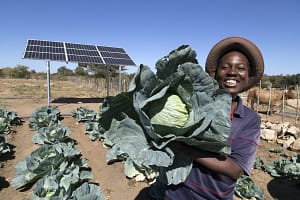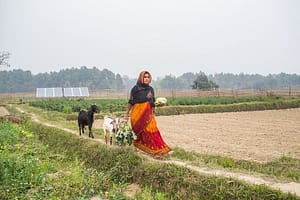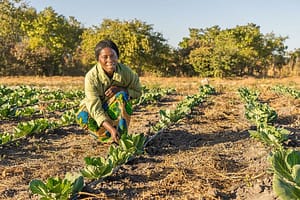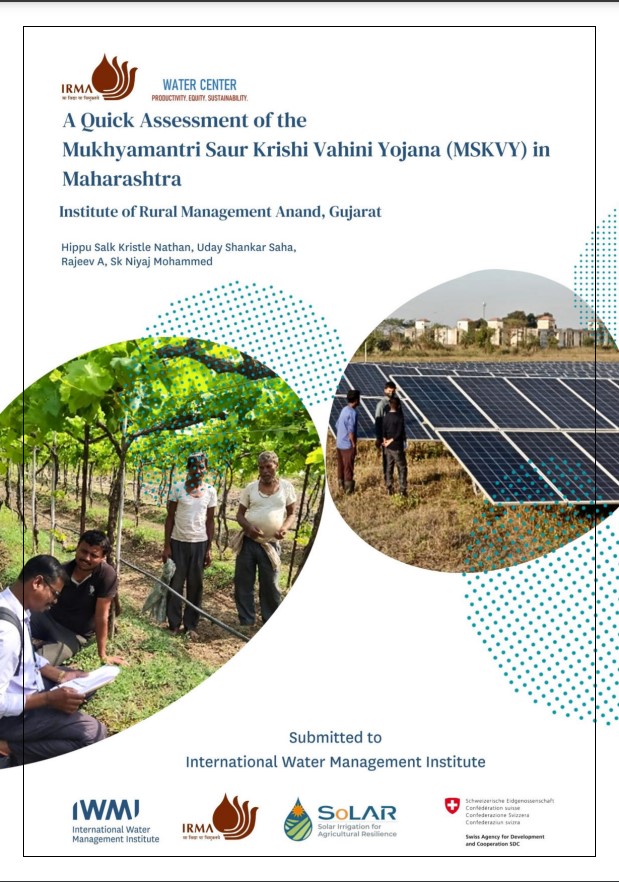Featured Content

A selection of IWMI's recent contributions to global research. The post December 2023 – February 2024 Research Journal Roundup first appeared on International Water Management Institute (IWMI). [more...]

On top of its climate benefits, the technology is boosting women’s income and confidence while challenging traditional gender norms, writes IWMI's Tanmoy Bhaduri. The post Solar pumps are empowering women farmers in India first appeared on International Water Management Institute (IWMI). [more...]

IWMI research shows that cocoa farmers in Ghana are interested in solar-powered irrigation pumps but face financial barriers. Policy changes and education are needed. The post Cocoa farmers in Ghana show strong interest in solar-based irrigation, but pump costs are often too high first appeared on International Water Management Institute (IWMI). [more...]

Solar irrigation technology has the potential to empower more than 12 million women farmers across Nepal who constitute the backbone of the country’s farming system. The post Empowering female farmers through improved access to water technologies first appeared on International Water Management Institute (IWMI). [more...]

The AICCRA-Zambia Accelerator Grant will scale climate science to support the country's farming and agriculture. The post Agriculture climate science in Zambia gets boost with launch of new World Bank-backed grant first appeared on International Water Management Institute (IWMI). [more...]





